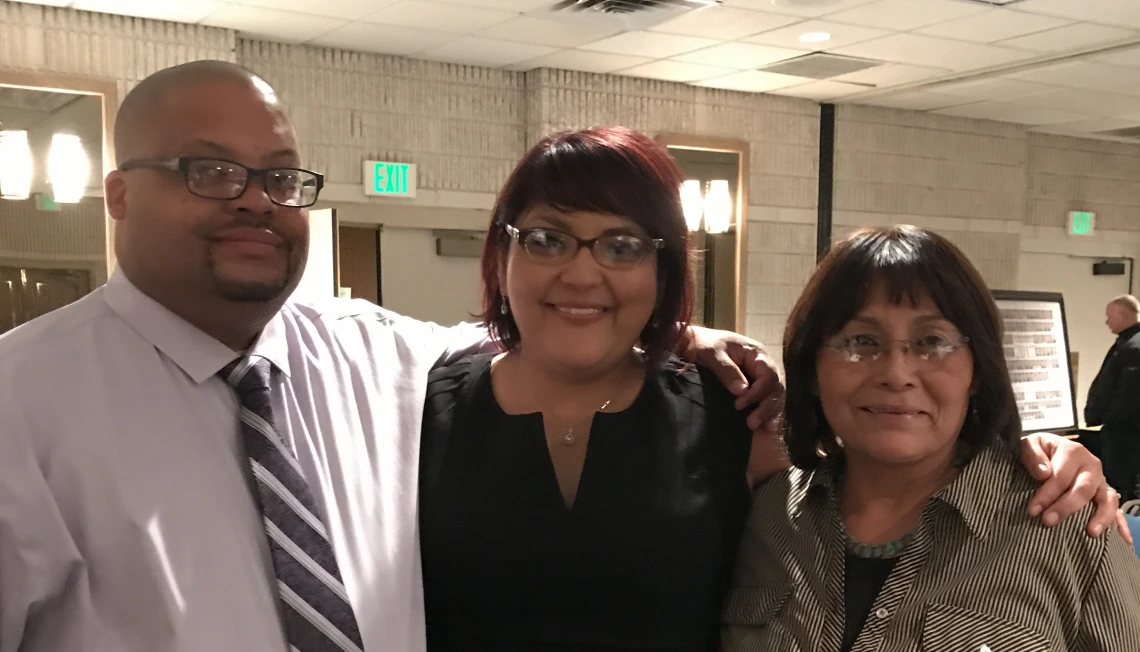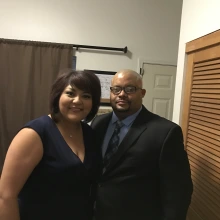Profile on Mark Clytus: Indige-FEWSS Trainee

Mark Clytus is a first-generation Ph.D. student in American Indian Studies with an emphasis in Natural Resource Management and Policy/ Indigenous STEM Education at the University of Arizona. He has been a Trainee with IndigeFEWSS since the start of the program in 2018 and contributes to education and community engagement initiatives.

Mark aspires to a career where he can focus on increasing diversity and inclusion efforts for students of color in Engineering disciplines. He sees himself in University Administration or federal government to enhance efforts in culturally-responsive engineering education or, potentially, in engineering consulting. Mark is passionate about engineering and increasing the number of students of color, particularly first-generation students, in the field and about helping students succeed in achieving their educational and professional goals. His determination to further build upon his own educational and professional goals is derived from this passion to help other students of color thrive as leaders in academia and their communities.
Mark acknowledges the important contributions made by Indigenous populations in the field of engineering, saying “to this day some of the most complex engineering creations from ancient Indigenous civilizations are still being wondered [at].” As a minority student of color himself, Mark understands first-hand the significance of incorporating cultural knowledge into academia. Mark earned a Bachelor of Science in Mechanical Engineering from Oklahoma State University, a Master of Science in Information Technology Management from Colorado Technical University, and a second Master of Science in Environmental Science from the University of Idaho.

“There is high cultural importance to illustrate Indigenous/Native American culture into academia for empowerment and increased awareness and culturally-responsive… empowered learning especially for Indigenous/Native American students in the STEM disciplines.” Mark’s research investigates engineering curriculum in higher education and the importance of culturally responsive education that incorporates Indigenous and traditional knowledge and perspectives into certain engineering disciplines.
During his educational journey from undergraduate to doctoral degree, Mark has overcome several obstacles. One obstacle that Mark spoke about occurred in his first year of his doctoral program at UArizona when Mark lost his father. Aside from his mother, wife, and children, Mark’s father was one of his biggest supporters. Mark recalls his father always reminding him, “never give up or quit, or don’t waste the opportunity.” As a first-generation Ph.D. student, Mark is ever grateful for his support system, “I also have a strong lineage of supporters who have paved the way for me to be given the opportunity to obtain a Ph.D.” As Mark pursues his Ph.D. program, his experiences and Ph.D. committee continue to provide him with better insight into what he wants to contribute to Indigenous STEM (Engineering) for Indigenous/Native American communities.
